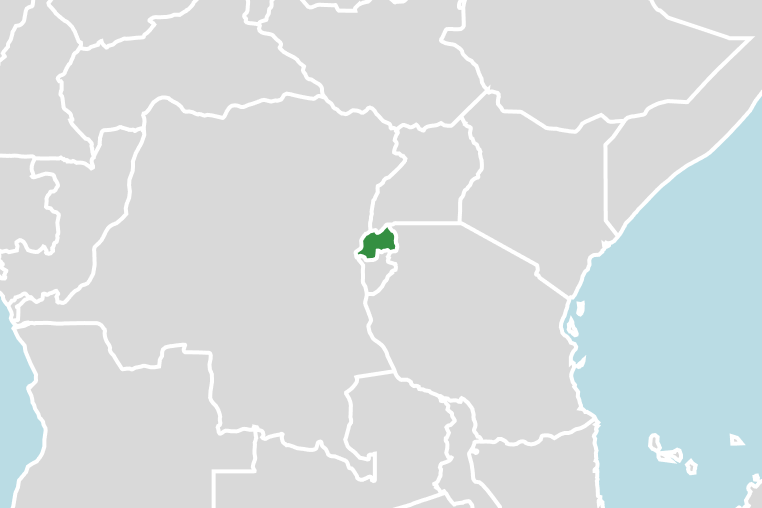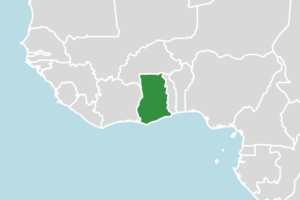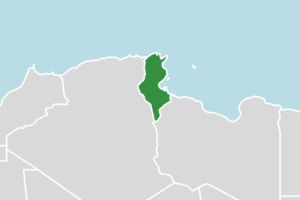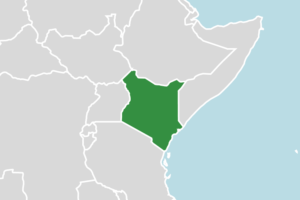Rwanda and the AfCFTA

Rwanda was among the first countries to ratify the agreement on the African Continental Free Trade Area (AfCFTA), which was signed in the country’s capital, Kigali, at the 10th Extraordinary Summit of the African Union in March 2018.
Rwanda recovered well in 2021 from a Covid-19-induced contraction the preceding year and its real GDP grew by 8.2% in 2022.
The AfCFTA will further assist Rwanda in achieving its economic goal of reaching middle-income status by 2035 and high-income status by 2050.
How Rwanda is preparing the ground for the AfCFTA
Rwanda aims to strengthen and grow its small private sector, increasing competitiveness and supply-side capacity to positively affect the ability of companies to respond to market signals, compete across the continent and take better advantage of the AfCFTA.
Rwanda is working towards its goal of reaching middle-income status by 2035 and high-income status by 2050. It has put together a series of seven-year National Strategies for Transformation (with the first being NST1). These are underpinned by sectoral strategies focused on meeting the UN’s Sustainable Development Goals. NST1 followed two five-year Economic Development and Poverty Reduction Strategies (2008 to 2012 and 2013 to 2018), during which Rwanda experienced robust economic and social performance. Growth averaged 7.2% a year over the decade to 2019, while per capita GDP grew at 5%.
The GIZ’s assistance in Rwanda focuses on:
Areas of GIZ support
In Rwanda, the GIZ programme supports negotiations and national implementation efforts and collaborates with the National Implementing Committee (NIC). A national AfCFTA implementation strategy has been set and structures have been established to implement the Action Plan for Boosting Intra-African Trade, which seeks to address key constraints and challenges of intra-African trade.
Rwanda is one of eight countries being supported through the programme at a national level. The programme assists officials in negotiations on and implementation of the AfCFTA at continental, regional and national levels, helping countries, regional bodies and the African Union (AU) to respond to the complex nature of the AfCFTA’s negotiation and implementation, as well as to the heterogeneity of the state parties.
Key activities under the Rwanda component are:
Our partners in Rwanda
Political partner: Ministry of Trade and Industry
Main implementing partners:
Rwanda Revenue Authority – Customs Services
National Institute of Statistics Rwanda
Rwanda Development Board
Private sector stakeholders:
Rwanda Private Sector Federation
Related Content



